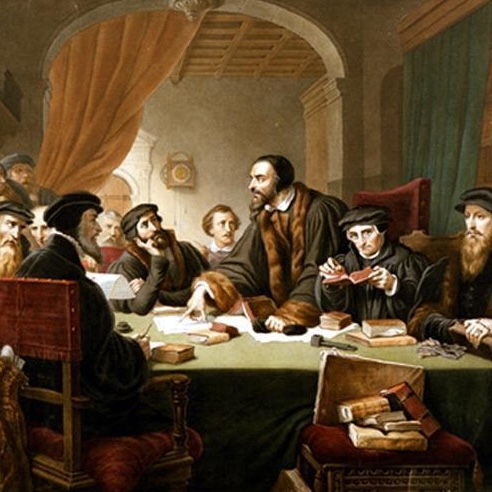-
Predestination and Reprobation in Early Modern Theology

This course provides an introduction to the debates surrounding predestination and reprobation in early modern theology, focusing on how medieval predestinarian views were both upheld and contested during this period. Special attention will be given to two pivotal controversies: the Congregatio de Auxiliis and the Synod of Dordt. These debates will serve as a springboard…
